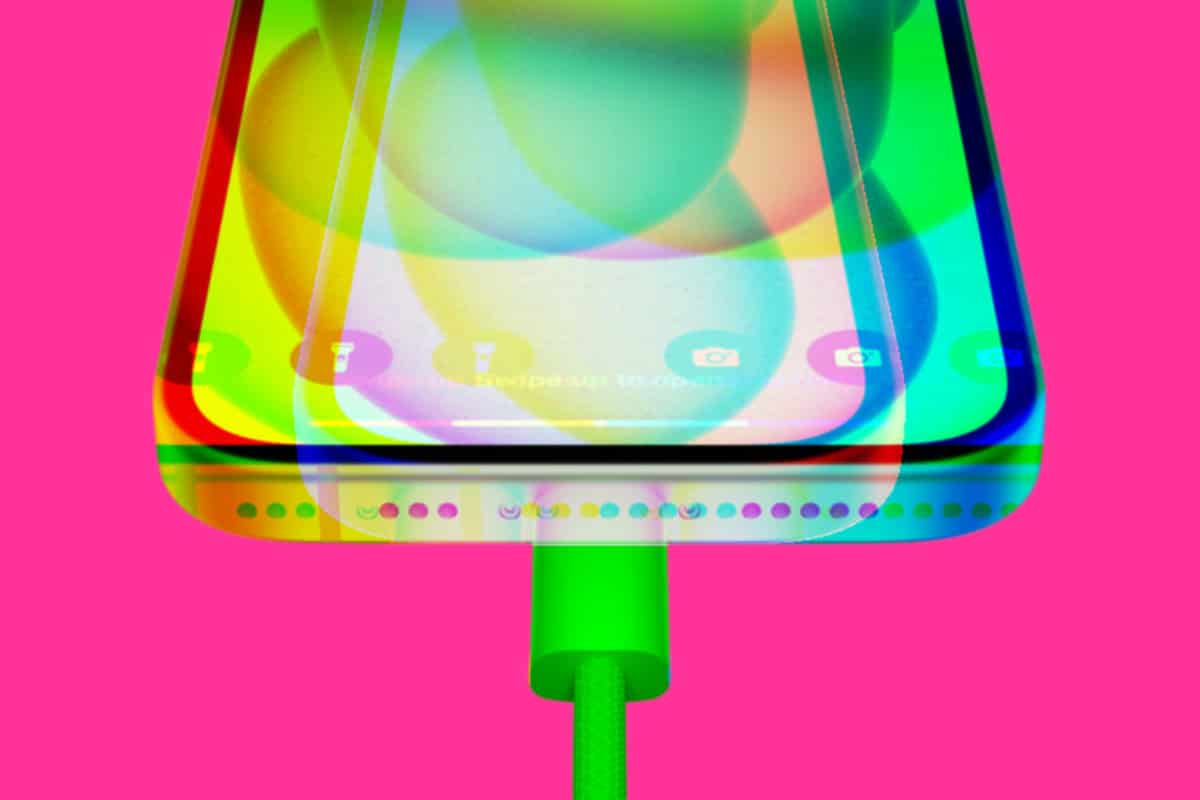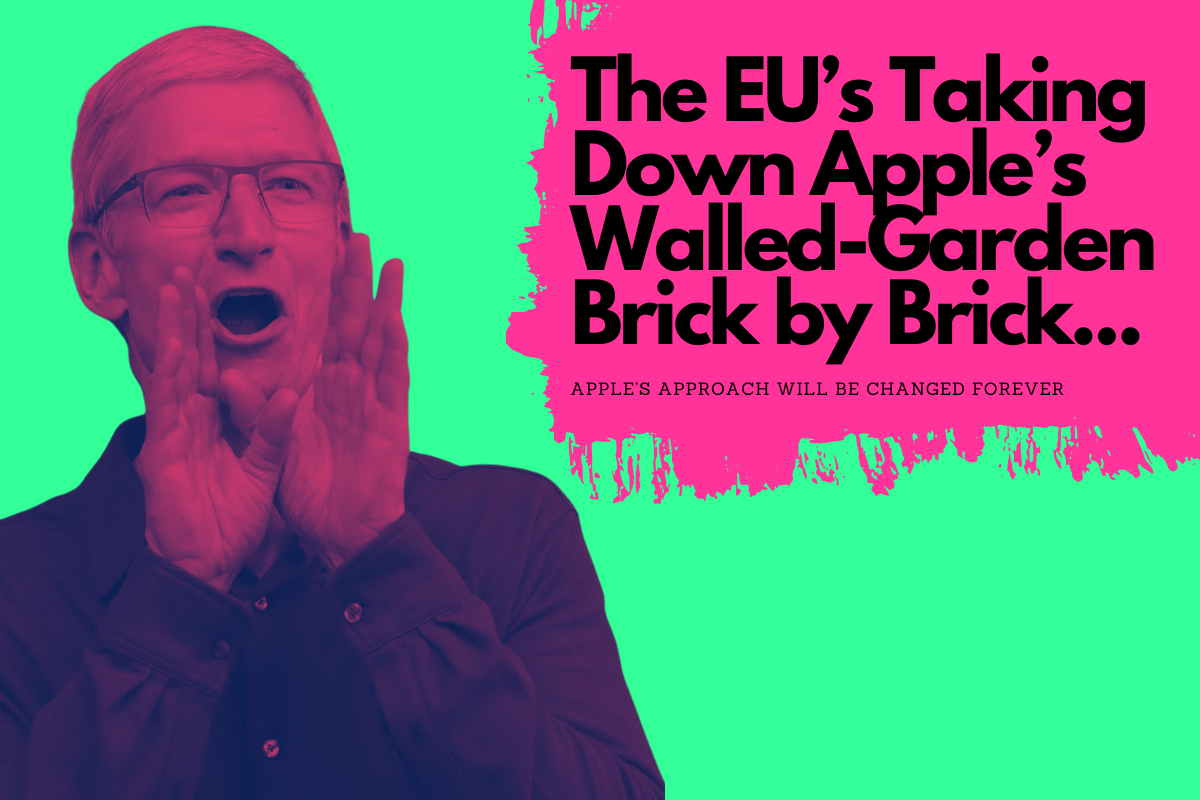Apple’s traditional “walled-garden” approach to iPhone is slowly being pulled apart by EU regulation – and this is a good thing
Key Takeaways: How The EU Plans To Dismantle Apple’s Walled Garden
- By the end of 2024, EU-based iPhone users will be able to uninstall the Safari browser and change the default navigation app on their devices, providing more flexibility in choosing preferred applications.
- Apple is developing a user-friendly way to transfer data from iPhones to non-Apple phones, targeted for completion by fall 2025, making it easier for users to switch mobile ecosystems without losing important information.
- The company is also introducing a browser switching solution to facilitate data transfer between different web browsers on the same device, expected to be available by late 2024 or early 2025.
- While the changes are initially focused on complying with the EU’s Digital Markets Act (DMA), they may potentially be implemented globally.
- The planned phone data transfer feature aims to improve upon existing tools by addressing gaps in the migration process, including transferring data types like paid apps and Safari bookmarks.
First the EU came from the Lightning port, forcing Apple to switch to the now-ubiquitous USB C, then it went after the App Store’s exclusivity.
For its next trick, the EU will force Apple to make it easier for users to switch to Android among other things. By 2025 at the latest, Apple will provide its users with a user-friendly tool for exporting all their data from iPhone to Android.
The Digital Markets Act Will Change iPhone For The Better

Between now and 2025, the EU’s Digital Markets Act will systematically take apart Apple’s walled-garden approach to iPhone.
And there’s even a timeline, with the first of the changes – the ability to uninstall Safari and change iOS’ default navigation app – happening inside 2024.
Another big part of the new bill is making life easier for people that want to leave Apple’s ecosystem and switch to Android.
Currently, there’s no full-proof way of doing this on iPhone, and that’s bad for users because why should Apple have the right to seal all your data up, exclusively inside its ecosystem?
Apple is actively developing a user-friendly solution to enable data transfer from iPhones to non-Apple smartphones. Apple is expected to begin rolling this feature out during the back-end of 2025.
But the company is NOT happy about the new laws, claiming they will make its iPhones less safe. Here’s an official statement from Apple.
Apple is introducing protections — including Notarization for iOS apps, an authorization for marketplace developers, and disclosures on alternative payments — to reduce risks and deliver the best, most secure experience possible for users in the EU.
Unfortunately, even with these measures in place, many risks remain. Apple will continue to seek to introduce new protections over time to address some of those risks. And Apple will continue to urge the European Commission to allow it to take other measures to protect its users.
Apple
“Switch To Android” – Just Better, Apparently
The EU’s Digital Markets Act is attempting to wrestle away control from Apple and put it back into its users’ hands. Data is data. No one company should have “exclusive” rights to it; that’s anti-competitive, bad for users, and also a little bit creepy on Apple’s part.
As a consumer, you should be free to move between operating systems and brands as you wish. No brand, be it Apple or Google, should be able to hold its users to ransom by making it impossible to move important data from one platform to another.
But the EU’s Digital Markets Act doesn’t stop there: it also applies to paid apps and games and things like bookmarks. And if you’ve ever bought an app on iPhone and then switched to Android and not been able to use it, you’ll know just how annoying that is.
A Big Win For Users
The end result of this is that consumers win. That’s the real push here. Apple has been resistant to changing the way it operates and runs its hardware for decades now, it was part of Steve Jobs’ ethos that his company knew best, everybody else could swivel or go elsewhere.
Looks like those days are over. By the close of 2025, you’ll be able to install third-party app stores on iPhone, delete core apps like Safari, pick and choose what apps are set as defaults inside iOS and then, should you decide to leave for whatever reason, you’ll be free to seamlessly port all your data over to your new non-Apple phone.
Progress, ladies and gentleman. Finally.


